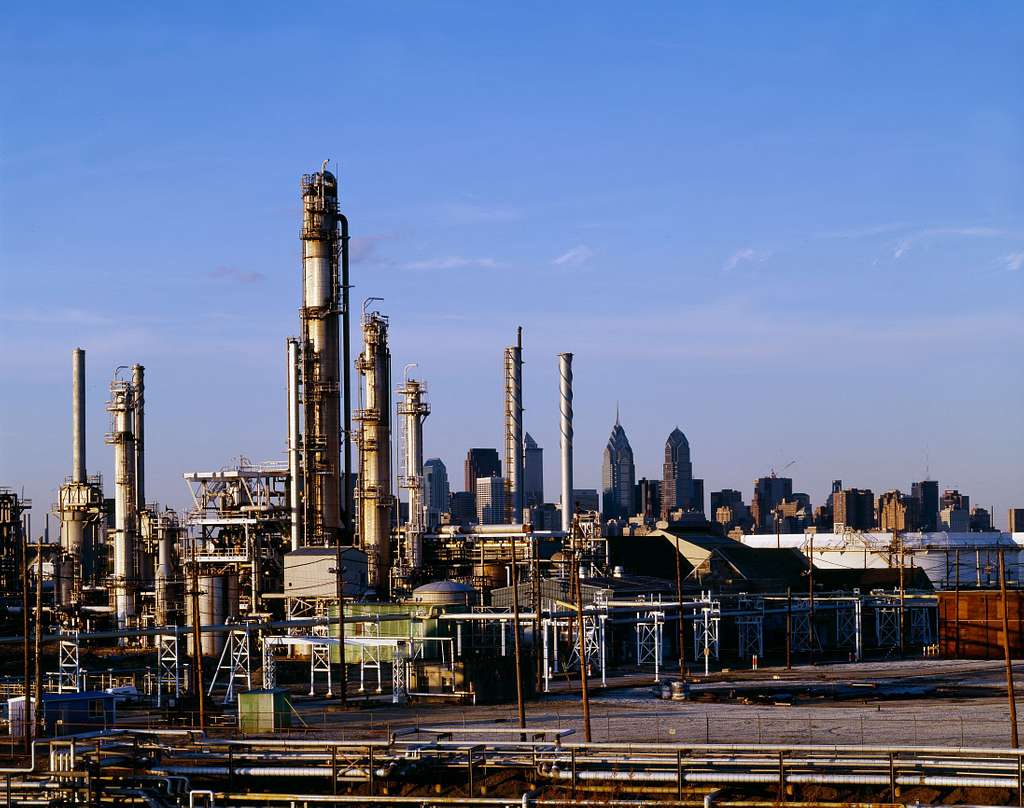The Council Demands the Strictest Health Standards for the Shutdown Philadelphia Refinery

Clean Air Council assisted Philadelphia residents, local organizations, and other stakeholders to submit comments regarding the ongoing cleanup of the former Philadelphia refinery site. Sunoco is liable for cleaning up land and groundwater contamination, for almost a century of serious contamination at the site. Evergreen, the Sunoco subsidiary responsible for cleaning up the site, recently accepted public comments about its proposed cleanup standard for lead in soil and an evaluation of contamination in soil and groundwater. The comment period ended on January 14th and the Council facilitated over 300 official comments from local residents and other concerned Philadelphians including local elected officials. There will be future decision-making and public input opportunities related to the former refinery over the next decade as Evergreen submits reports, including cleanup plans, to the Pennsylvania Department of Environmental Protection (DEP).
The Council distributed information to residents in neighborhoods surrounding the refinery with detailed instructions on how to submit comments and potential concerns they might want to raise. The Council’s staff also alerted its Philadelphia member list and reached out to a long list of community organizations and institutions to make sure everyone knew about the comment opportunity and how to submit comments on any concerns they had.
In its own detailed comments the Council demanded Evergreen use a stricter standard for lead contamination during the PES clean up. Please visit cleanair.org/phillyrefinery to learn more.
The Council pushed Evergreen to incorporate sea level projections and plans for increased rainfall at the site. Many regions across Pennsylvania are already seeing the devastating effects from stronger and more frequent storms, and the refinery site is no exception. The former refinery site is located directly on the Schuylkill River, and sea level rise projections show significant portions of the most contaminated parts of the site would be underwater by the middle of the century. So far, there are no plans from Evergreen to address the effects of rising sea levels caused by the climate crisis and they have not considered the impacts increased precipitation will have on soil and groundwater contamination at the site in their study.
The Council specifically encouraged residents to take issue with the site-specific lead standard that is more than twice Pennsylvania’s statewide standard for lead in nonresidential soil. This means Evergreen would be required to clean up much less lead contamination than if the state standard was applied. Evergreen made this decision based on outdated science that calculates the tolerable levels of lead in a fetus. After making a similar error in a pending rulemaking for statewide regulatory cleanup standards, the PA DEP lowered a proposed standard of 2500 mg/kg to 1100 mg/kg. For the same reason, the Council asked DEP to disapprove the proposed site-specific standard.
The recent change in DEP’s proposed lead standard was urged in comments submitted by Clean Air Council, other non-profit organizations, and 459 Pennsylvania residents. They opposed the proposed increase from 1000 mg/kg to 2500 mg/kg by submitting an official comment to the DEP. This successful action proved that by working together, we can obtain meaningful public health protection.
For more information on the Council’s work surrounding the PES Refinery clean up, contact Russel Zerbo at rzerbo@cleanair.org or 215.567.4004 x130

